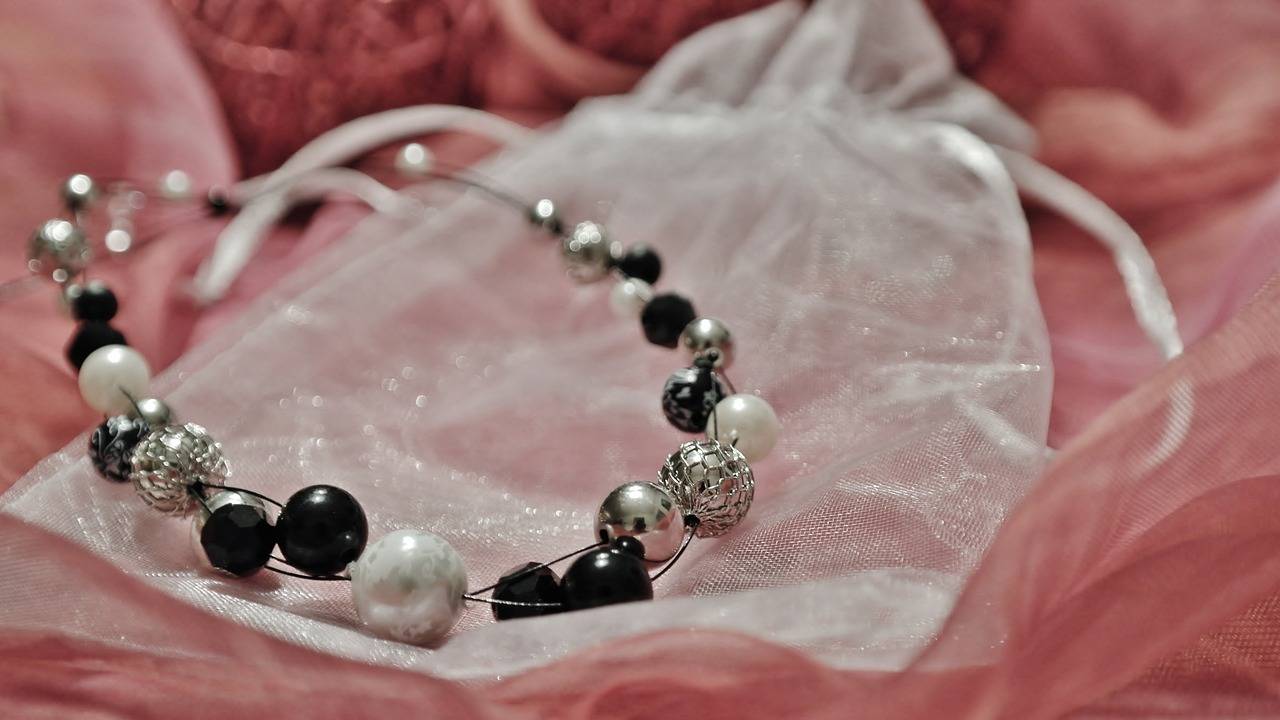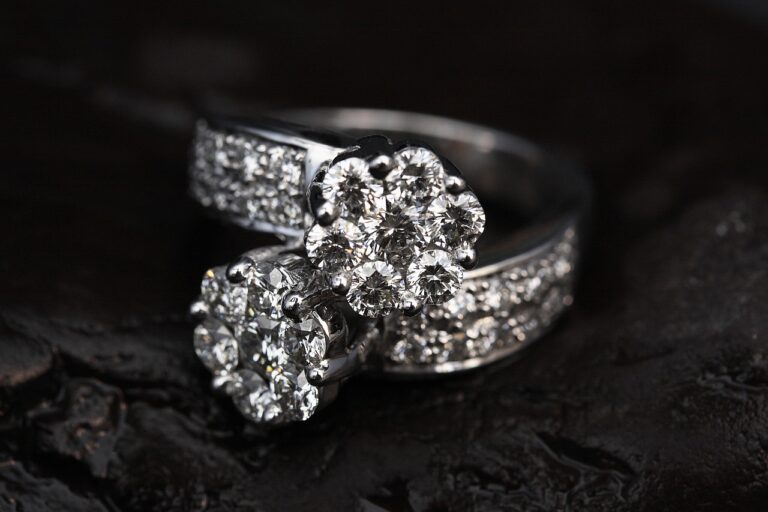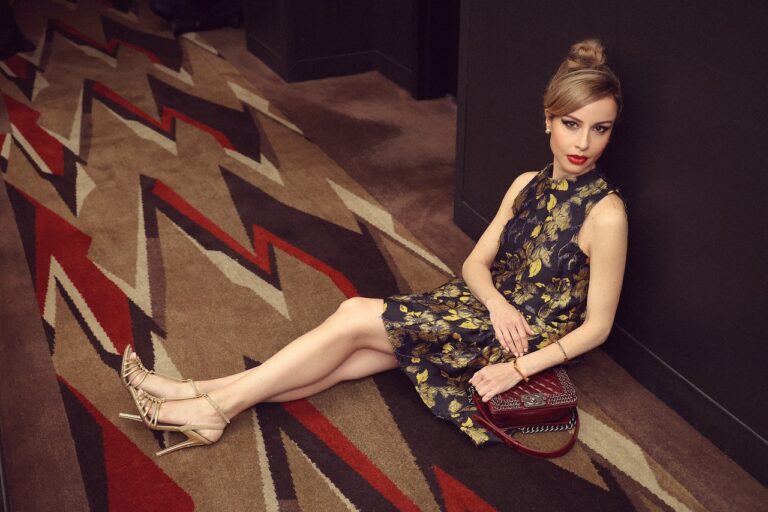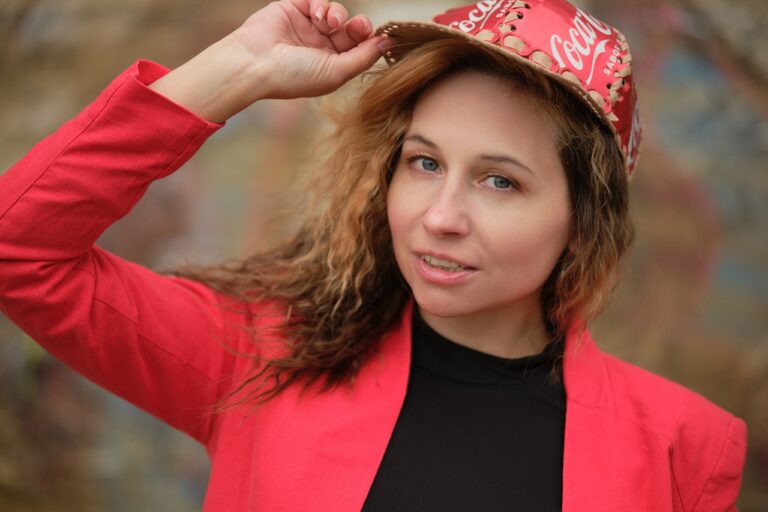Fashion Event Digital Marketing Strategies: Leveraging Online Channels for Promotion and Engagement: My 99 exch, Laser book 247 com registration, Yolo247 club login
my 99 exch, laser book 247 com registration, yolo247 club login: Fashion Event Digital Marketing Strategies: Leveraging Online Channels for Promotion and Engagement
Fashion events are a great way to showcase new collections, trends, and designers in the industry. From fashion weeks to pop-up shows, these events bring together fashion enthusiasts, industry professionals, and media outlets. To ensure the success of a fashion event, leveraging digital marketing strategies is crucial in reaching a wide audience and driving engagement. In this article, we will explore how fashion event organizers can utilize online channels for promotion and engagement to maximize the impact of their events.
Social Media Marketing
Social media is a powerful tool for promoting fashion events and engaging with attendees before, during, and after the event. Platforms like Instagram, Facebook, Twitter, and Pinterest allow event organizers to create buzz, share sneak peeks, and connect with their audience.
1. Create a Social Media Calendar: Plan your content in advance to ensure a consistent and engaging presence leading up to the event. Share behind-the-scenes footage, designer interviews, and teasers to build excitement.
2. Utilize Influencers: Collaborate with fashion influencers and bloggers to reach a larger audience and generate buzz around the event. Influencers can create sponsored posts, stories, and IGTV videos to promote the event to their followers.
3. Create Hashtag Campaigns: Create a unique event hashtag and encourage attendees to use it when posting about the event on social media. This will help create a buzz around the event and make it easier to track user-generated content.
Email Marketing
Email marketing is another effective tool for promoting fashion events and driving ticket sales. By building a targeted email list, event organizers can reach out to potential attendees directly with personalized content.
1. Segment Your Email List: Segment your email list based on demographics, behavioral data, and past interactions to send targeted and relevant content to each group. Personalized emails have higher open and click-through rates.
2. Create Compelling Content: Use eye-catching subject lines, compelling visuals, and clear call-to-actions in your emails to drive engagement and ticket sales. Include information about designers, special guests, and exclusive offers to entice recipients.
3. Send Reminder Emails: Send reminder emails leading up to the event to keep attendees informed and excited. Include important information such as event schedule, location, and parking details to ensure a smooth experience for attendees.
Content Marketing
Content marketing is a valuable strategy for fashion event promotion as it allows event organizers to create compelling and shareable content that resonates with their target audience.
1. Create a Blog: Start a blog on your event website to share fashion trends, event updates, designer profiles, and industry news. Blogging not only helps drive traffic to your website but also positions your event as a thought leader in the industry.
2. Partner with Fashion Publications: Collaborate with fashion magazines, websites, and blogs to secure coverage of your event. Offer exclusive interviews, access to designers, and sneak peeks to entice publishers to write about your event.
3. Produce Video Content: Create engaging video content to showcase highlights from past events, interviews with designers, and behind-the-scenes footage. Video content is highly shareable and can help generate buzz around your event.
SEO
Search engine optimization (SEO) is essential for increasing visibility and driving organic traffic to your fashion event website. By optimizing your website for relevant keywords, you can improve your website’s ranking on search engines like Google.
1. Conduct Keyword Research: Identify relevant keywords that your target audience is searching for and incorporate them into your website content, meta tags, and blog posts. Use tools like Google Keyword Planner to discover new keyword ideas.
2. Optimize Your Website: Ensure your website is mobile-friendly, loads quickly, and has a clean and user-friendly design. Optimize your website’s meta tags, headings, and image alt text to improve its visibility on search engines.
3. Build Quality Backlinks: Earn backlinks from reputable fashion websites, blogs, and influencers to improve your website’s authority and ranking. Guest posting, influencer collaborations, and press releases are effective ways to build backlinks.
Paid Advertising
Paid advertising is a quick and effective way to reach a larger audience and drive ticket sales for your fashion event. Platforms like Google Ads, Facebook Ads, and Instagram Ads allow event organizers to target specific demographics and interests.
1. Run Social Media Ads: Create targeted social media ads on platforms like Facebook and Instagram to reach a larger audience and generate buzz around your event. Use eye-catching visuals, compelling copy, and clear call-to-actions to drive ticket sales.
2. Launch PPC Campaigns: Run pay-per-click (PPC) campaigns on Google Ads to target users searching for fashion events in your area. Use relevant keywords, ad extensions, and compelling landing pages to drive conversions and ticket sales.
3. Retargeting Campaigns: Set up retargeting campaigns to re-engage users who have visited your event website but didn’t purchase tickets. Retargeting ads can help remind users about your event and encourage them to complete their purchase.
Conclusion
Fashion events are a great opportunity to showcase new collections, trends, and designers in the industry. By leveraging digital marketing strategies like social media marketing, email marketing, content marketing, SEO, and paid advertising, event organizers can promote their events effectively and drive engagement with their audience. Whether you’re organizing a fashion week, pop-up show, or designer showcase, integrating these strategies into your marketing plan can help you maximize the impact of your event and ensure its success.
FAQs
1. How far in advance should I start promoting my fashion event?
It’s recommended to start promoting your fashion event at least 3-6 months in advance to build anticipation and generate buzz among your target audience.
2. How can I measure the success of my digital marketing efforts for my fashion event?
You can track key performance indicators (KPIs) like website traffic, social media engagement, email open rates, ticket sales, and ROI to measure the success of your digital marketing efforts.
3. What are some creative ways to engage attendees during the fashion event?
Consider hosting interactive sessions, workshops, panel discussions, and networking events to engage attendees and provide a unique and memorable experience.
4. How can I leverage user-generated content to promote my fashion event?
Encourage attendees to share their experience on social media using your event hashtag, and feature user-generated content on your website and social media channels to build credibility and engagement.
5. How can I stay updated on the latest digital marketing trends in the fashion industry?
Follow industry publications, attend fashion conferences, and join online communities to stay informed about the latest digital marketing trends and best practices in the fashion industry.







